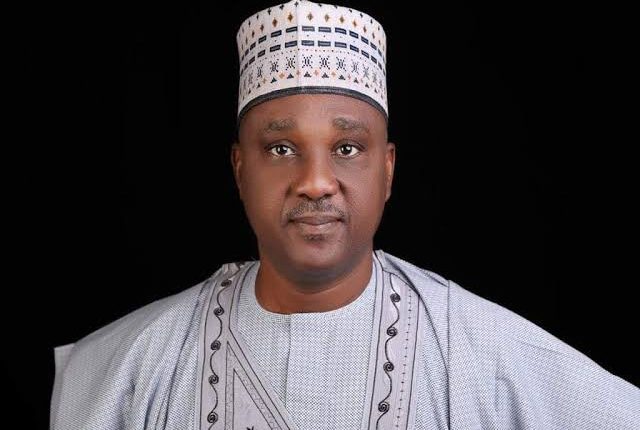As lawmakers reassembled from their 2025 annual recess, Speaker of the House of Representatives Rt. Hon. Abbas Tajudeen unveiled a new agenda on security, gender equity, electoral reforms, and constitution review, outlining a comprehensive legislative roadmap for the remaining 10th National Assembly.
During the first plenary session following the break, Abbas spoke to members and characterized the upcoming legislative phase as a “crucial and promising” time for the House.
He called on legislators to step up their efforts to pass significant legislation, exercise strict oversight, and guarantee that their work in parliament results in a real improvement in the lives of Nigerians.
The speaker reviewed the accomplishments of the 10th House since its June 2023 inauguration and pointed out that, in spite of major political and economic obstacles, the body had made historic strides in institutional reforms and legislation.
According to him, the House has so far examined 2,263 proposals, passed 237 of them, and obtained the president’s approval for 50 of them. These bills include important topics including cybersecurity, student finance, taxation, regional development, and power sector reform.
“In terms of both legislative output and policy impact, our midterm review demonstrates that the 10th House of Representatives stands out as the most productive since 1999,” Abbas stated. “With the House Open Week, town halls, media briefings, and digital platforms, we have improved our internal capacity, updated our regulations, and increased citizen participation.”
He praised the positive working relationship between the executive and the legislature, saying it had resulted in good governance, policy consistency, and timely budget passage without sacrificing the House’s independence.
The conclusion of the ongoing constitutional amendment process is one of the most pressing legislative goals, according to Abbas.
He revealed that 87 suggestions are presently being considered, including those pertaining to socioeconomic rights, local government autonomy, judicial reforms, and the devolution of authorities.
He pointed out that the majority public support for constitutional revisions was shown at a public hearing that was extensively attended on September 22.
In order to provide enough time for agreement prior to the 2027 elections, the speaker asked lawmakers to expedite discussions, wrap up voting, and send agreed modifications to state assemblies by the end of December.
According to Abbas, electoral reform is still a crucial subject of concern. He clarified that the proposed changes to the Election Act are intended to improve election security, facilitate voting, decrease post-election litigation, and improve accessibility for individuals with disabilities.
“By implementing single-day voting and making sure that party primaries are more democratic and inclusive, we hope to make elections less polarizing and expensive,” he said. “To improve accountability and public trust, the amendments will also create an Electoral Offenses Commission.”
In order to increase female participation in governance, Abbas also emphasized the Reserved Seats Bill for Women as a crucial piece of legislation. Without changing the current 109 Senate and 360 House seats, the bill aims to create new seats that can only be contested by women, as women currently hold less than 5% of parliamentary seats.

